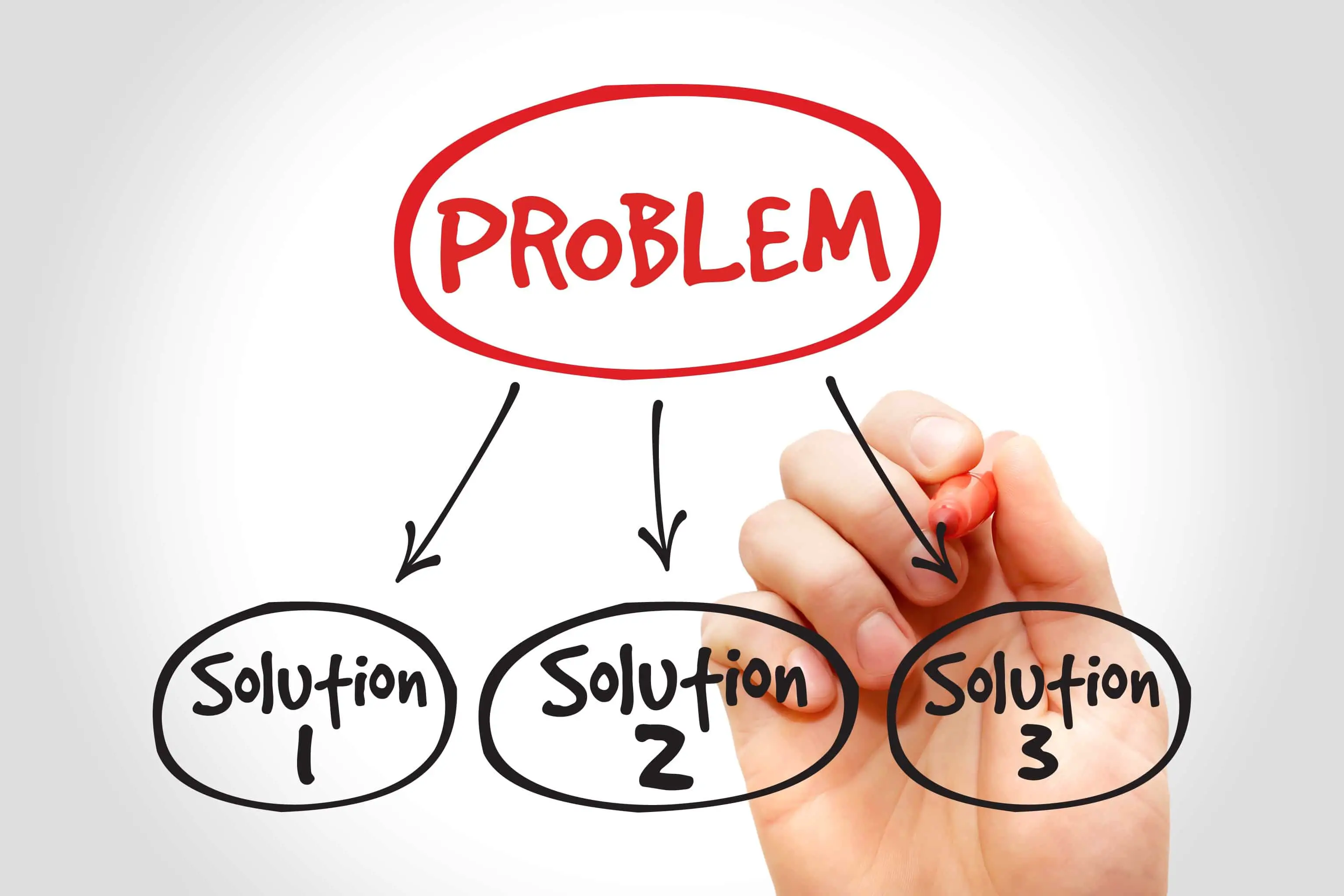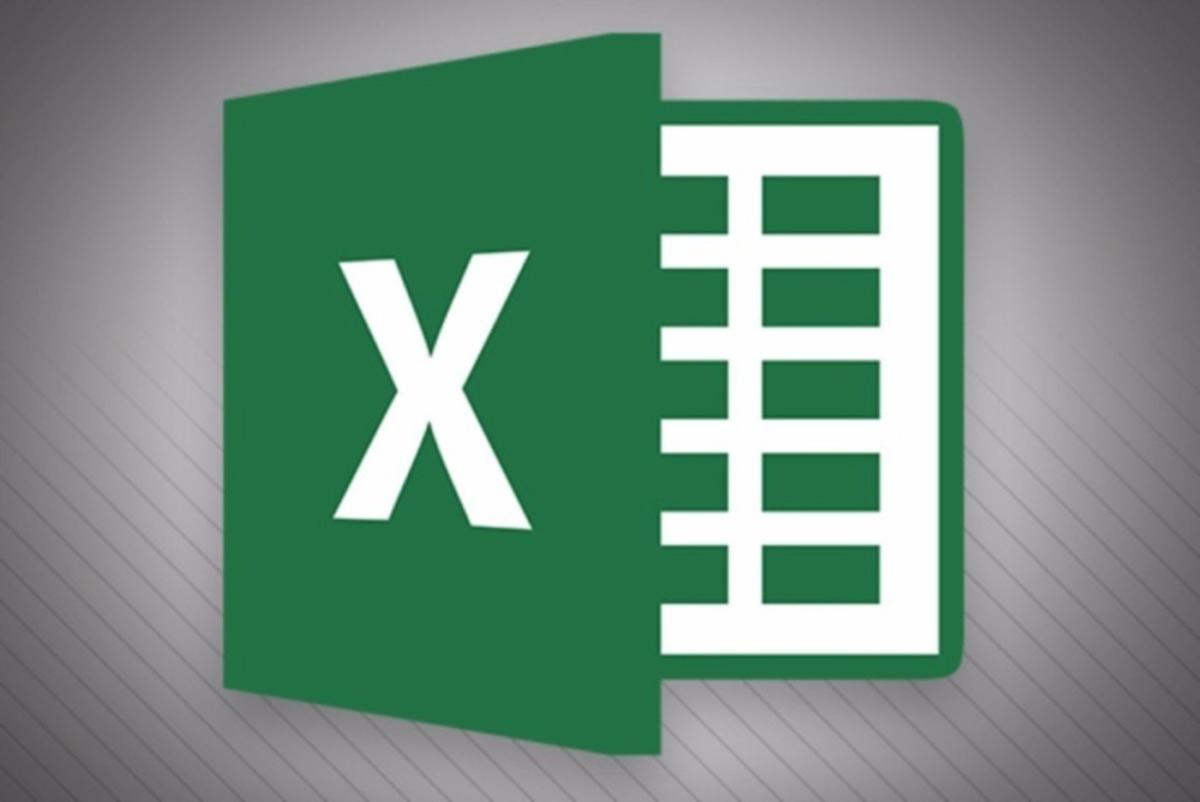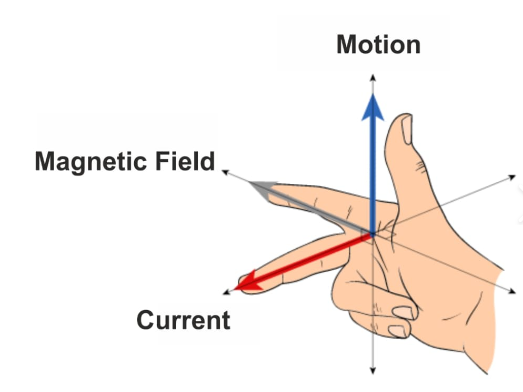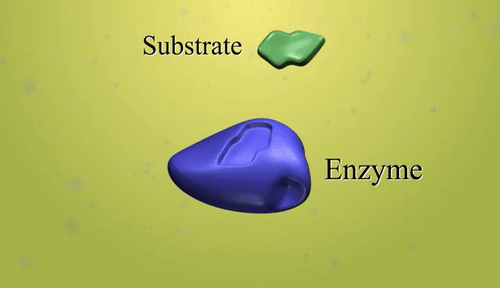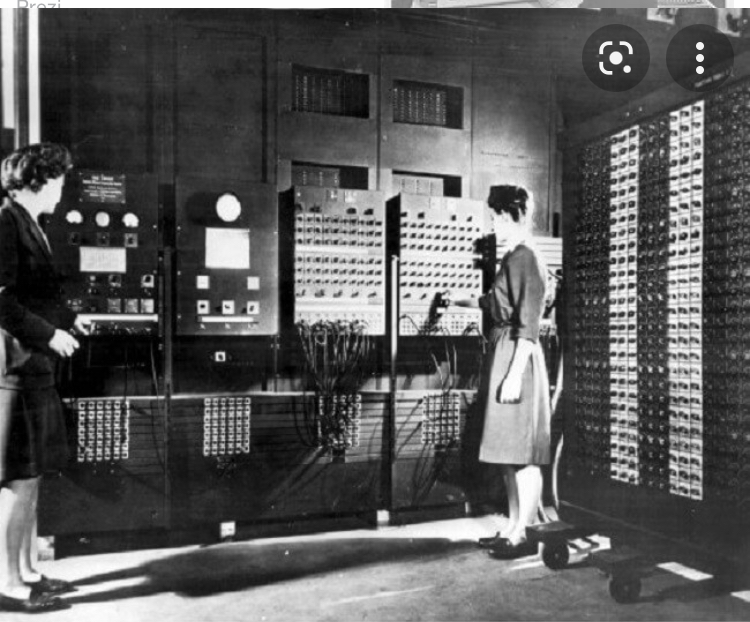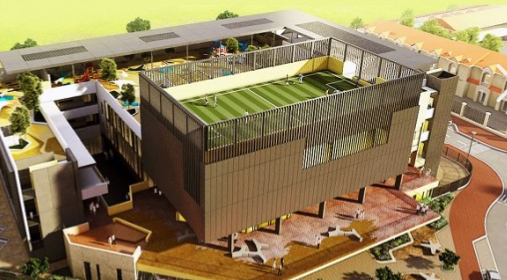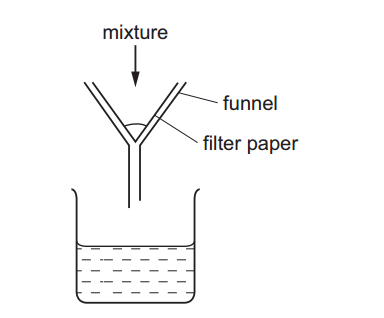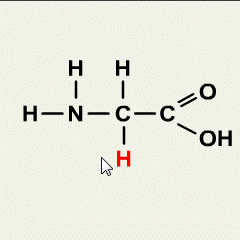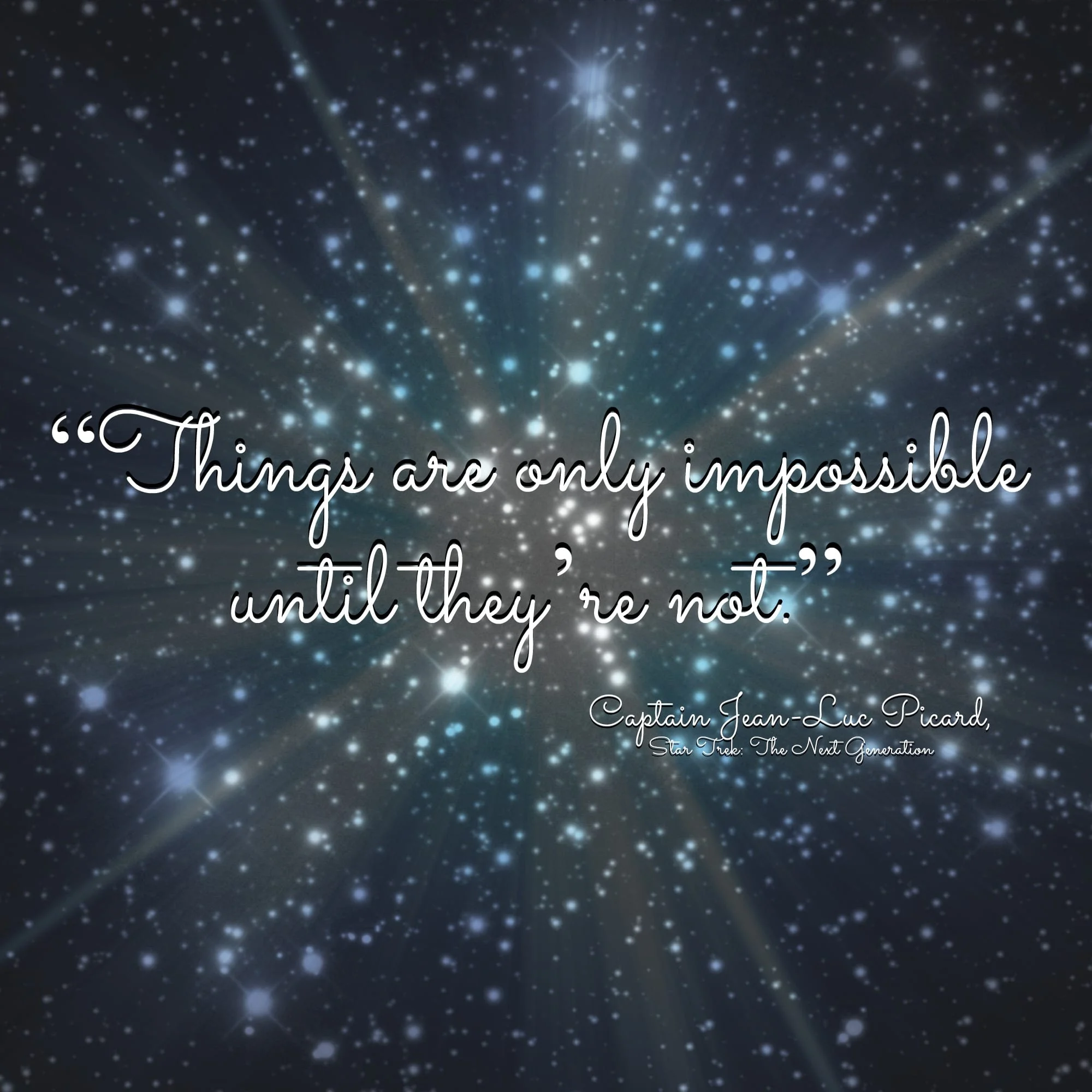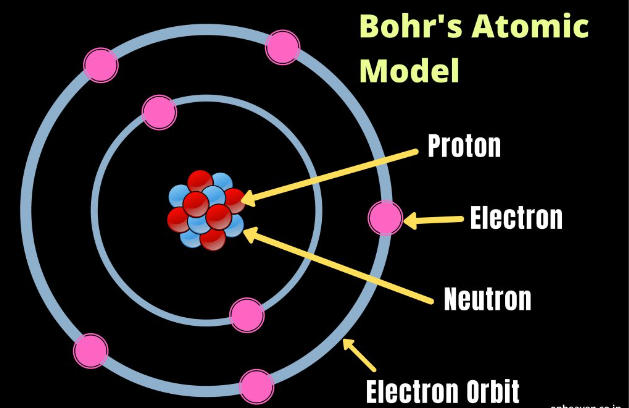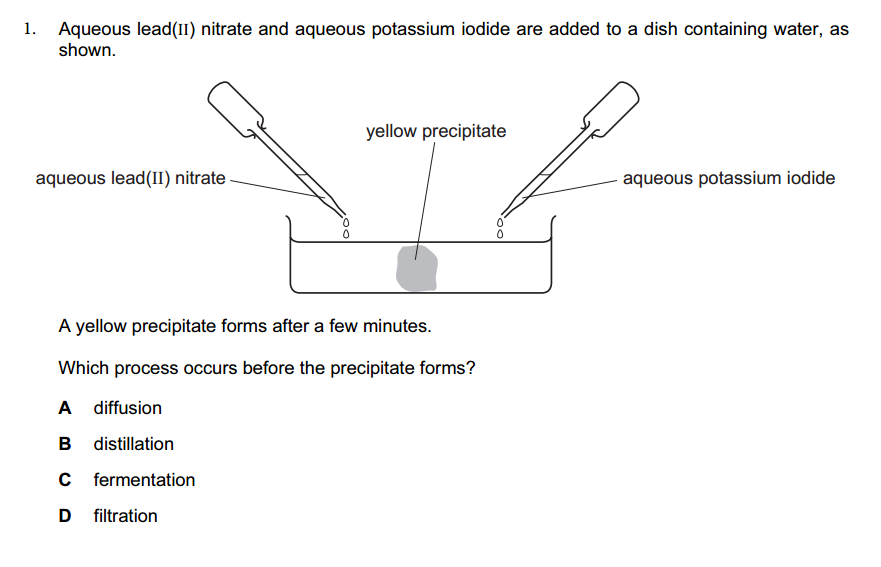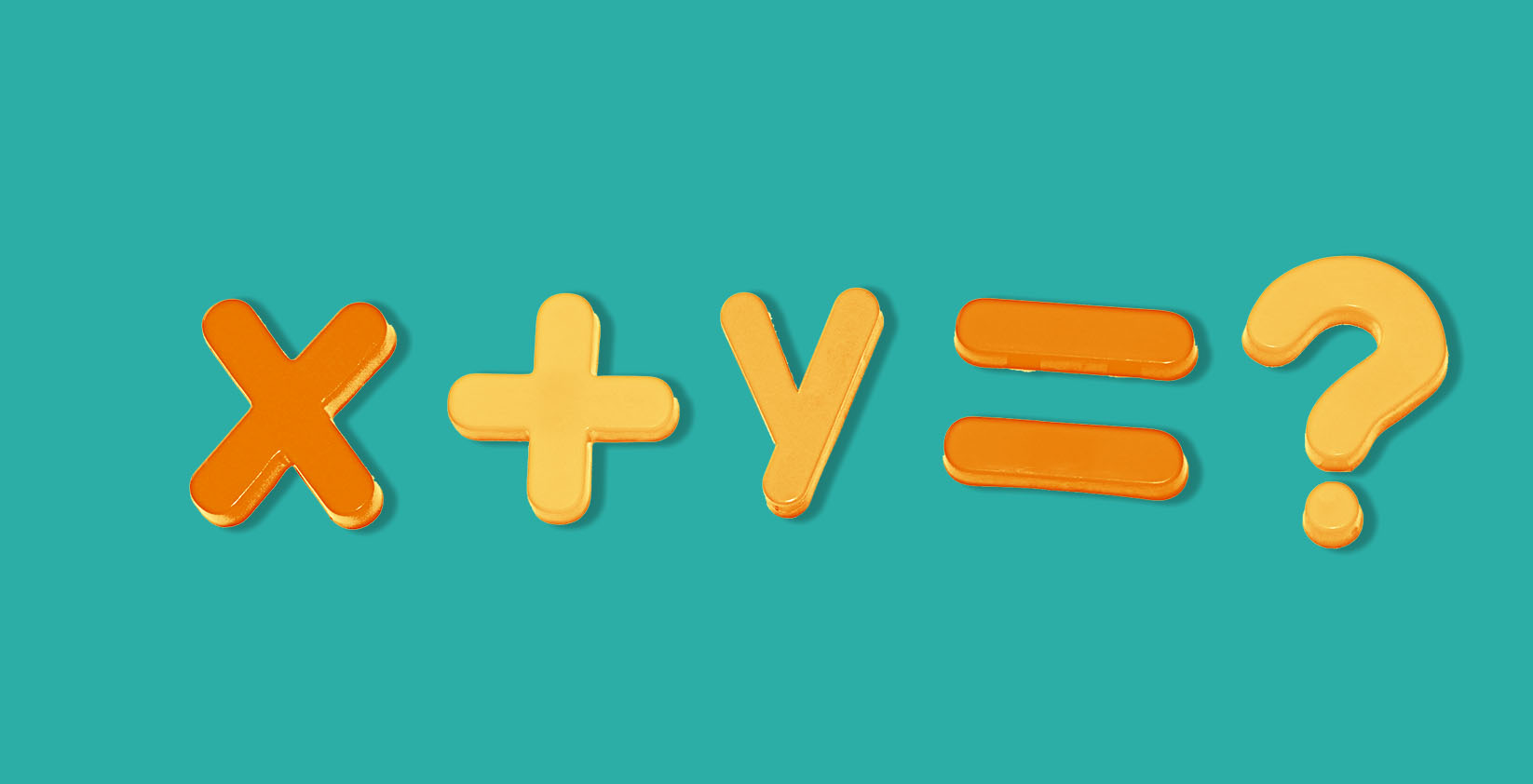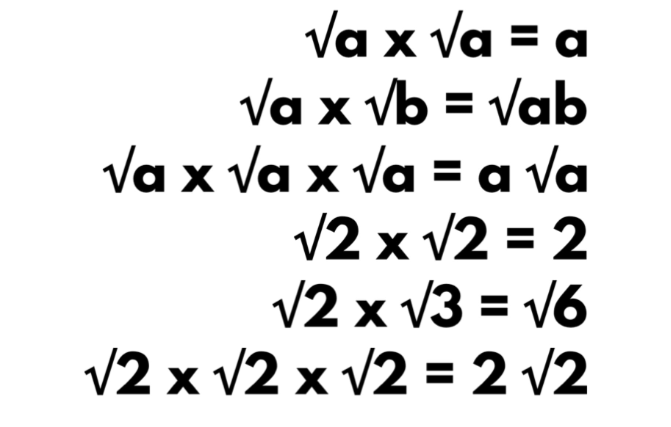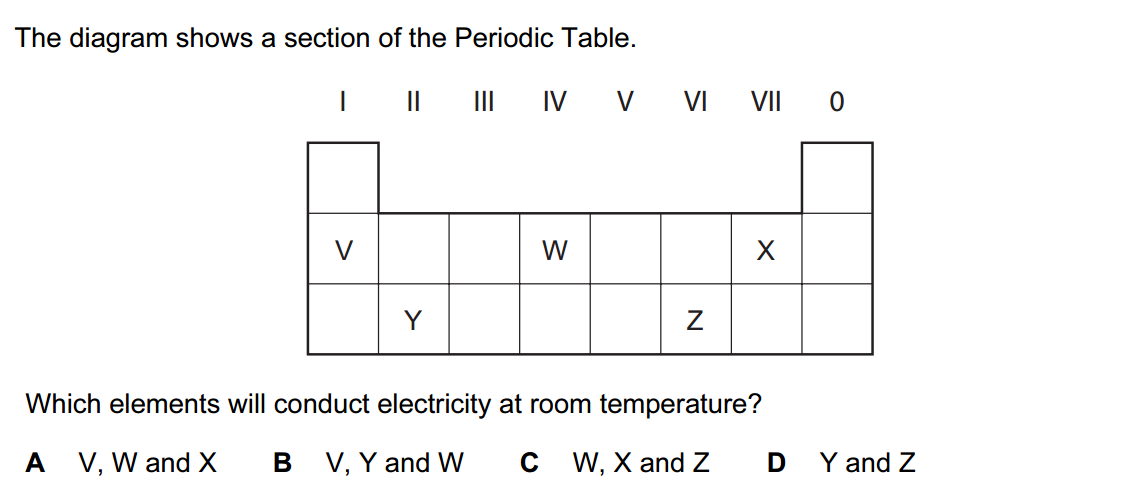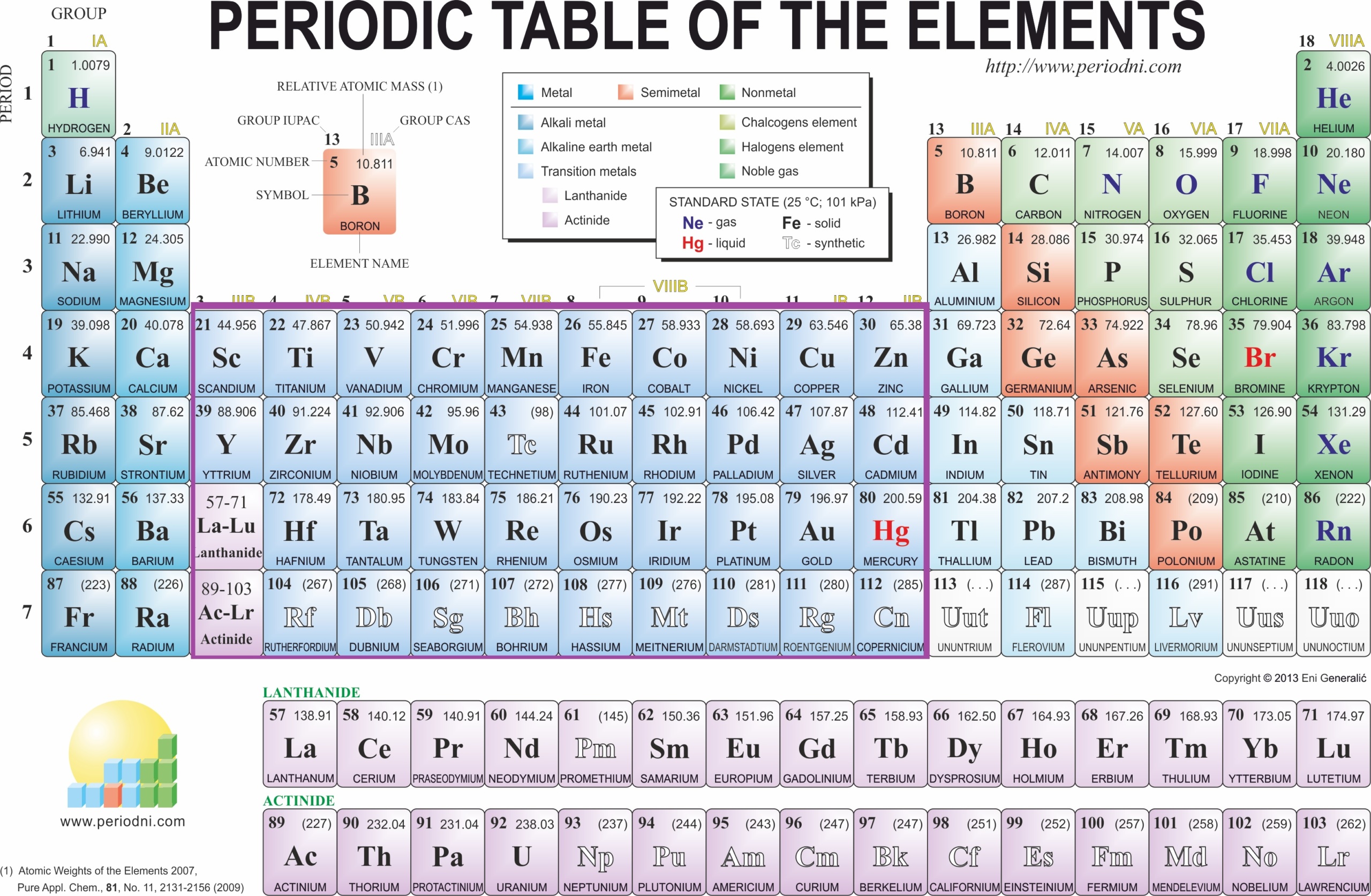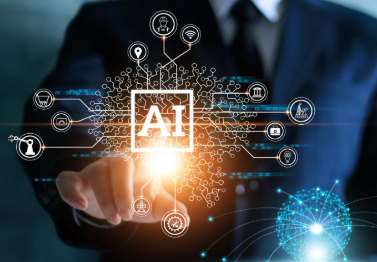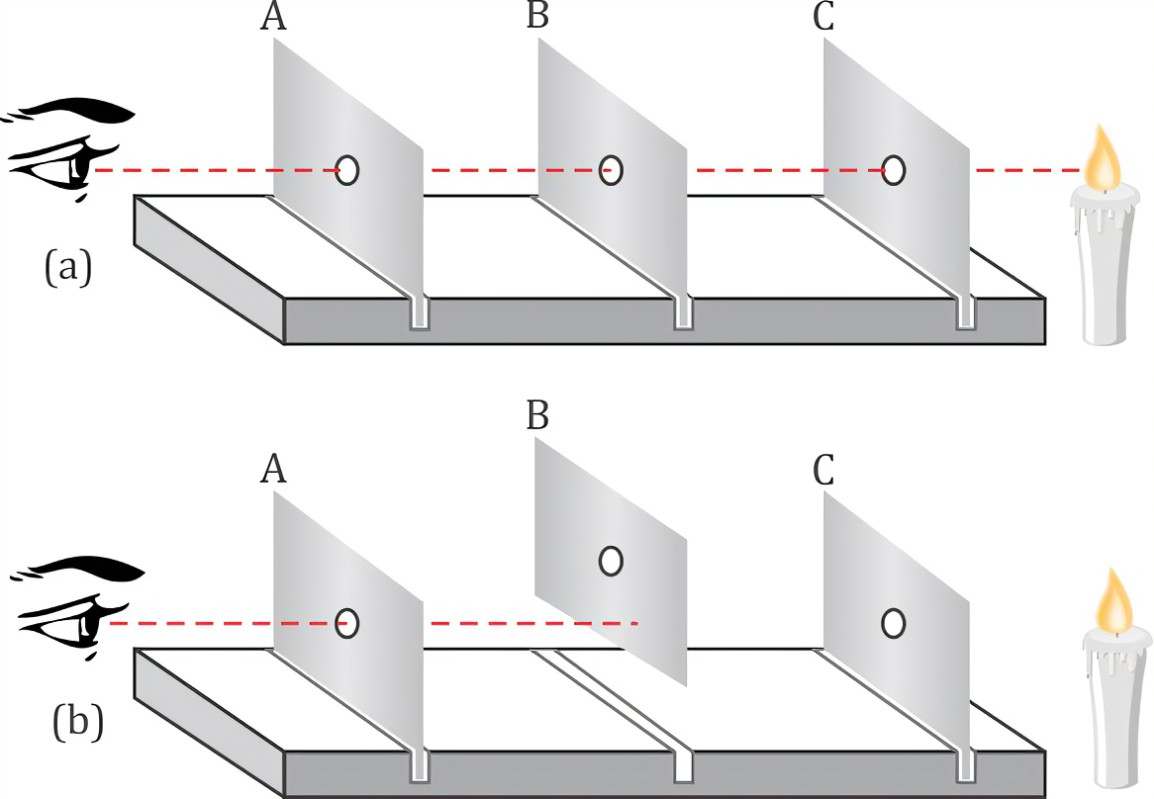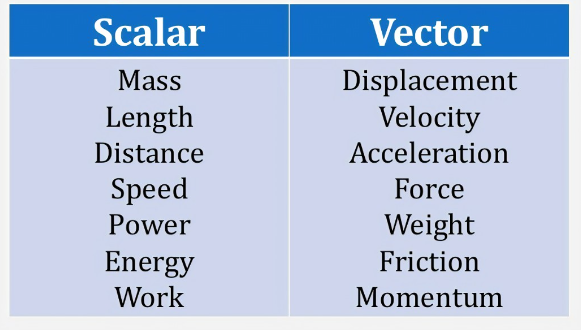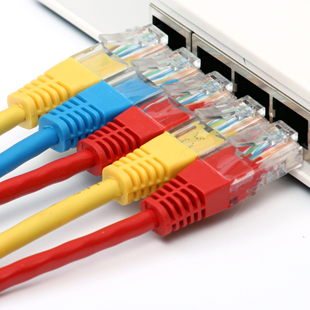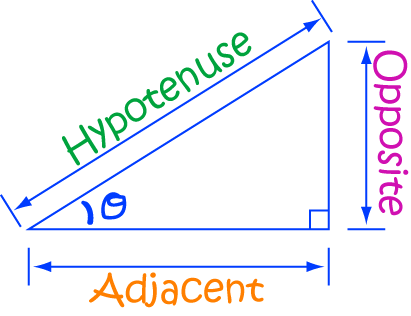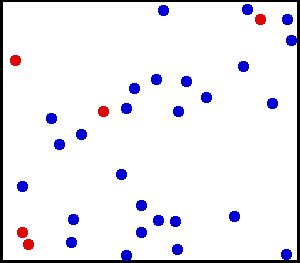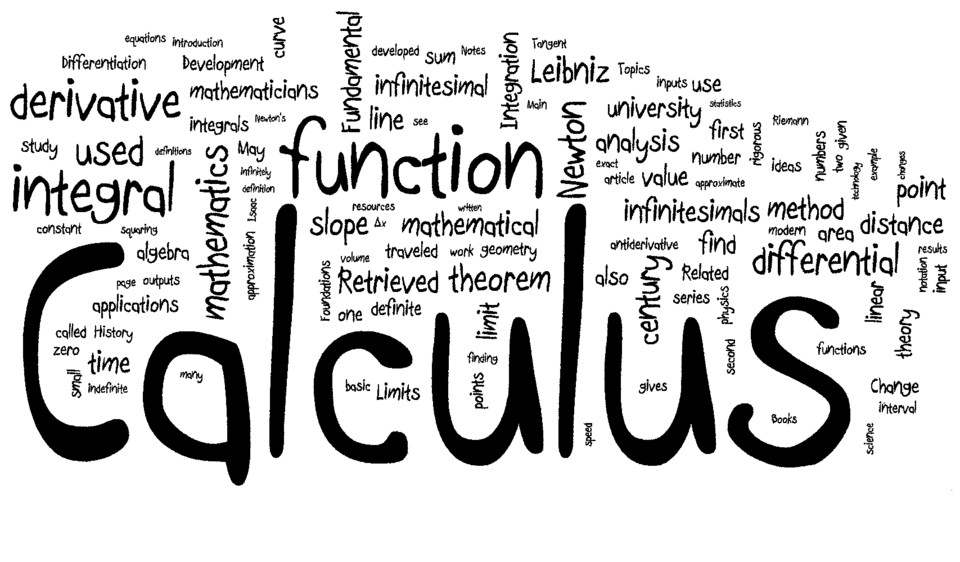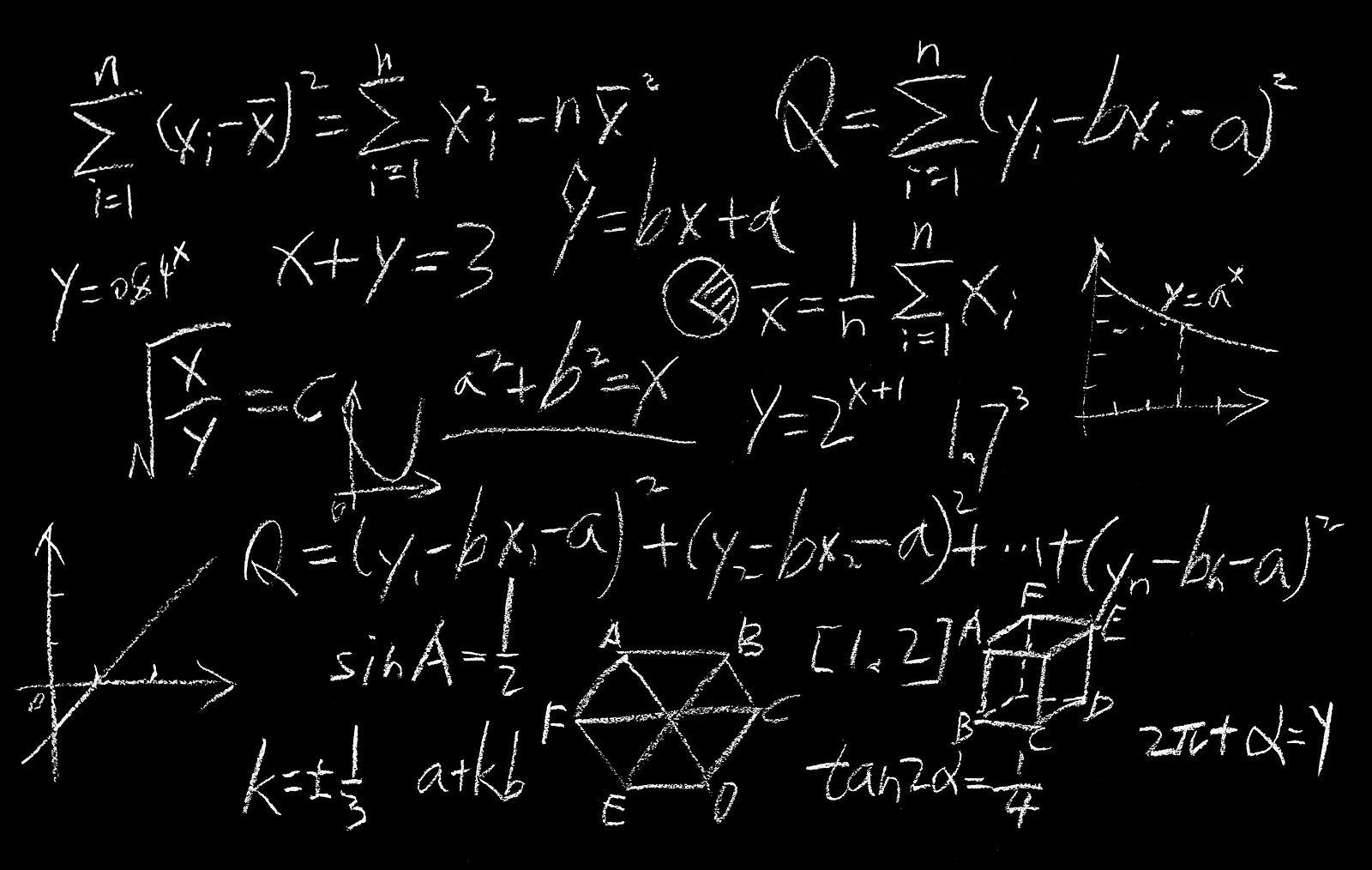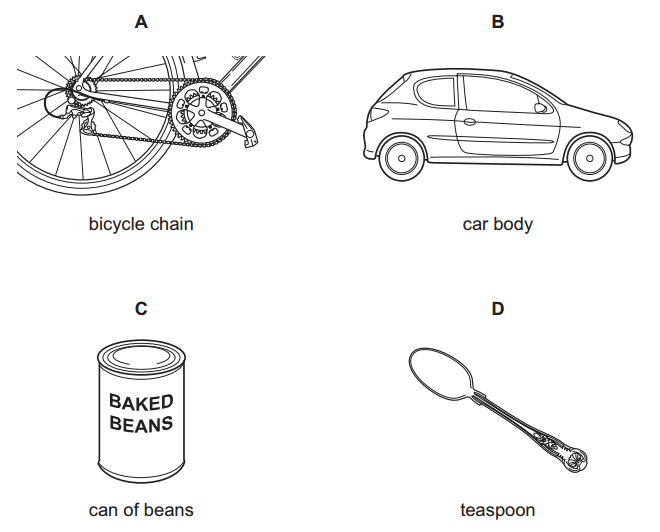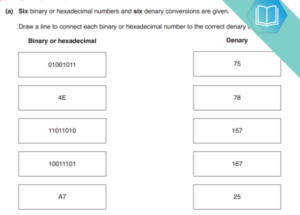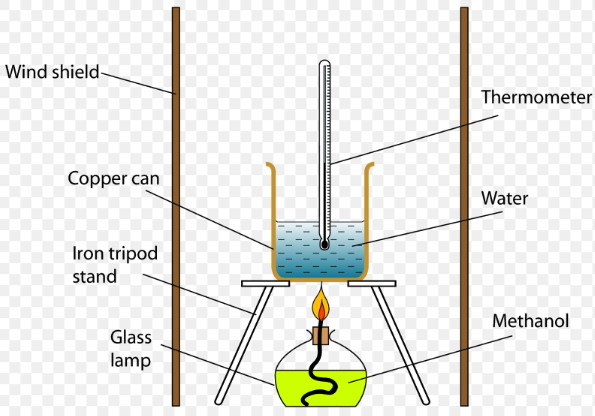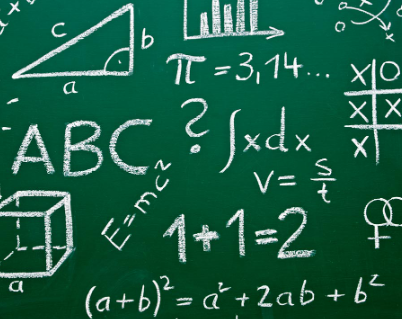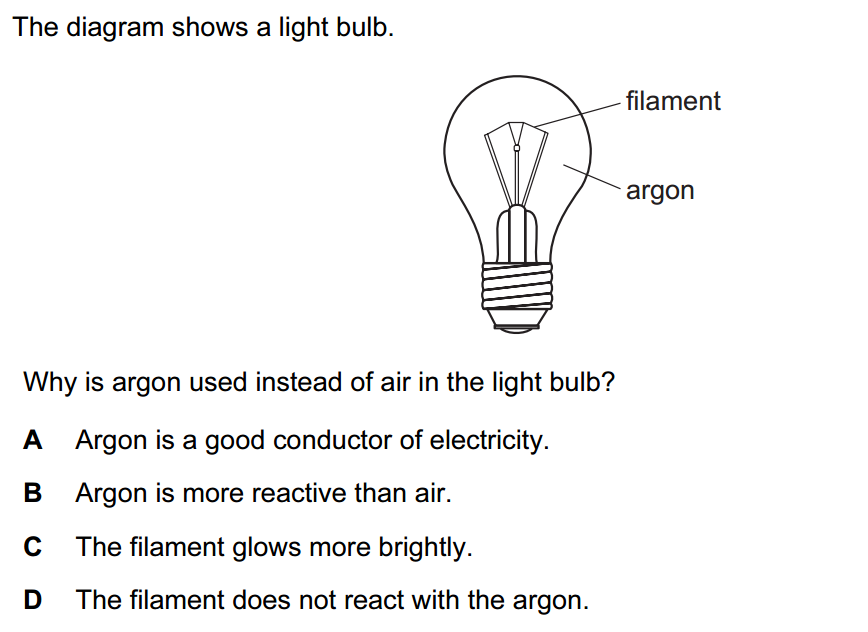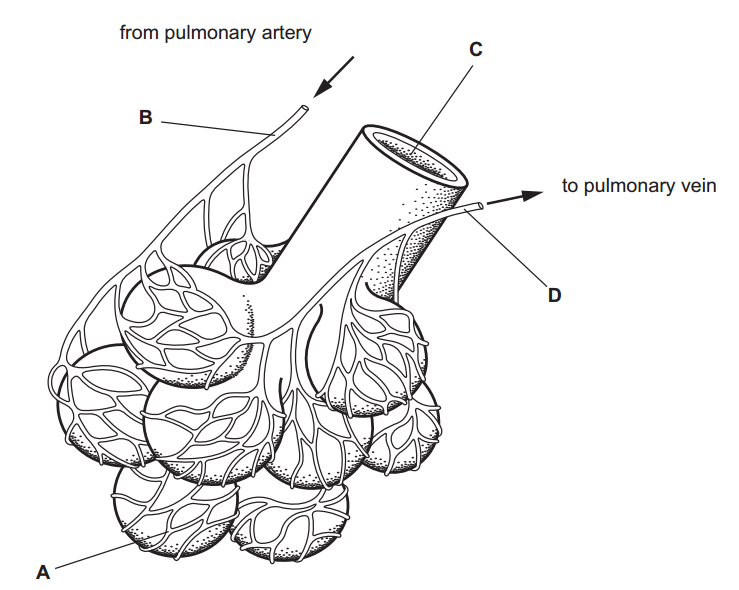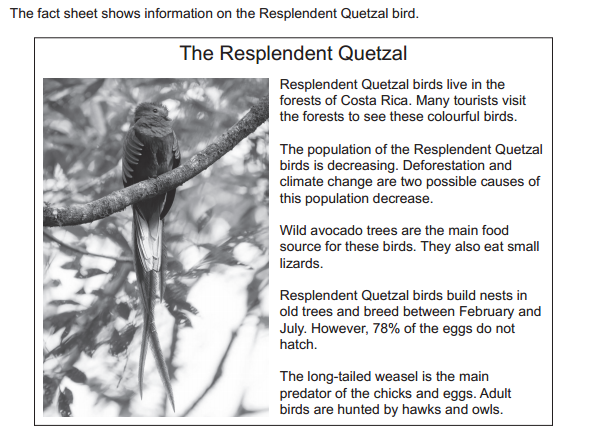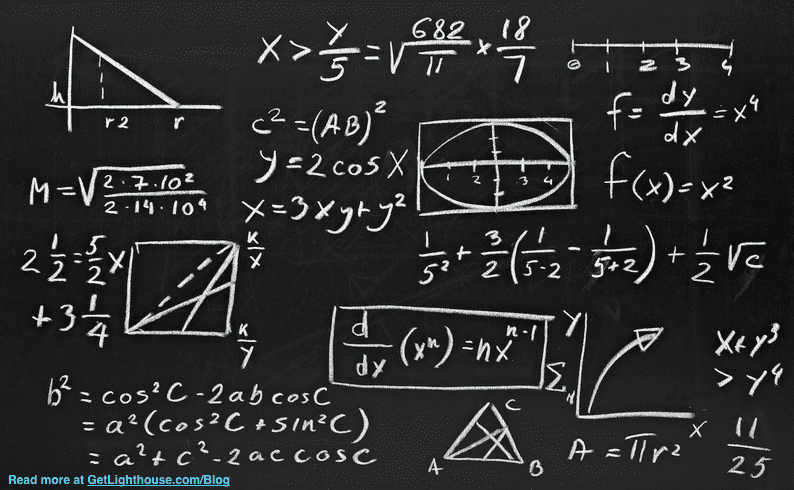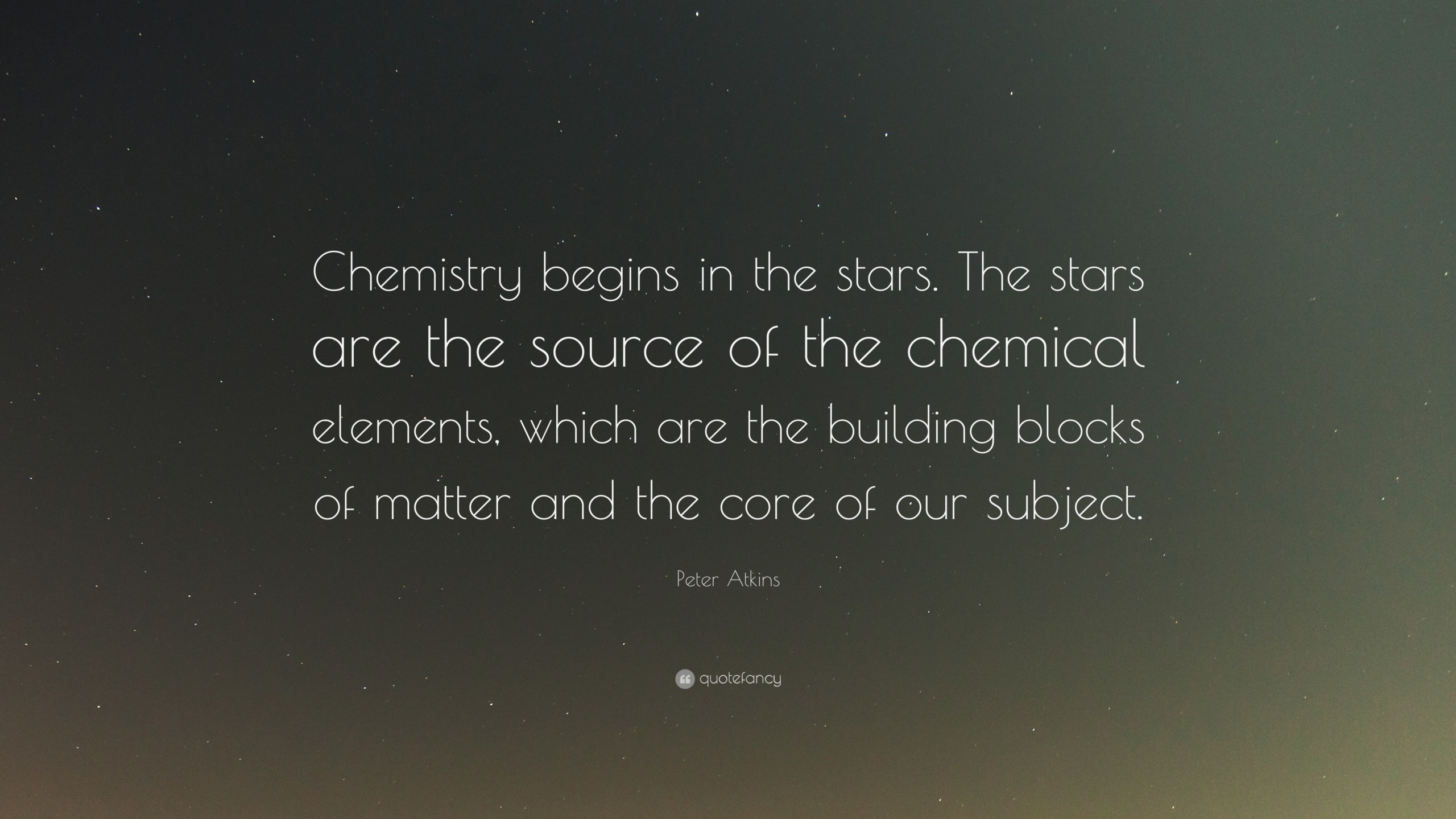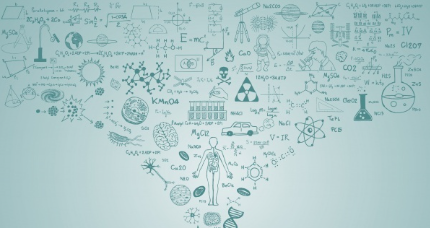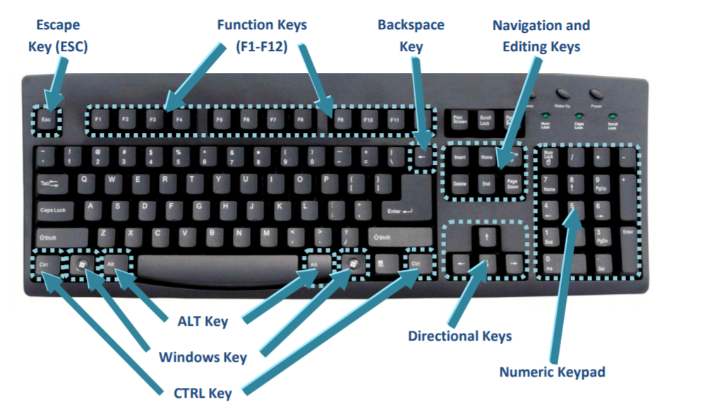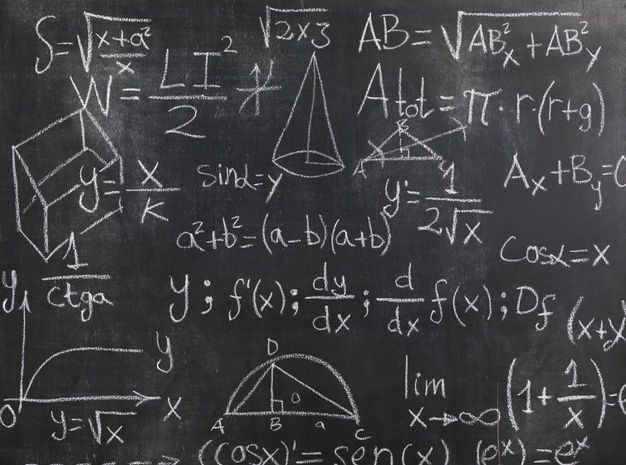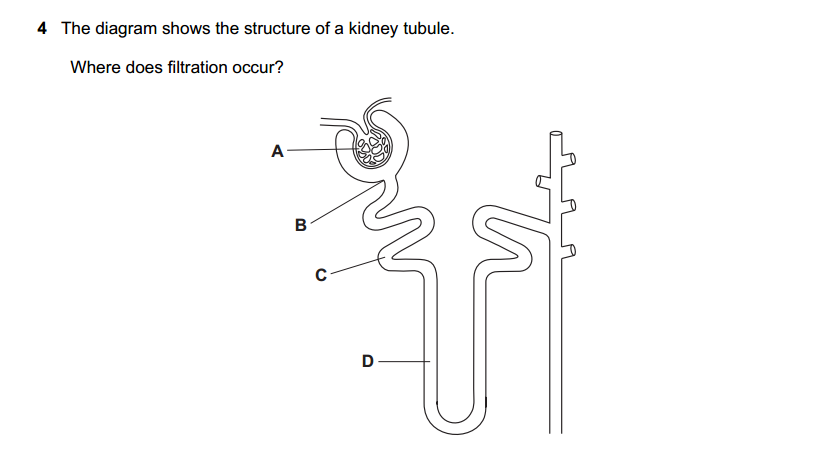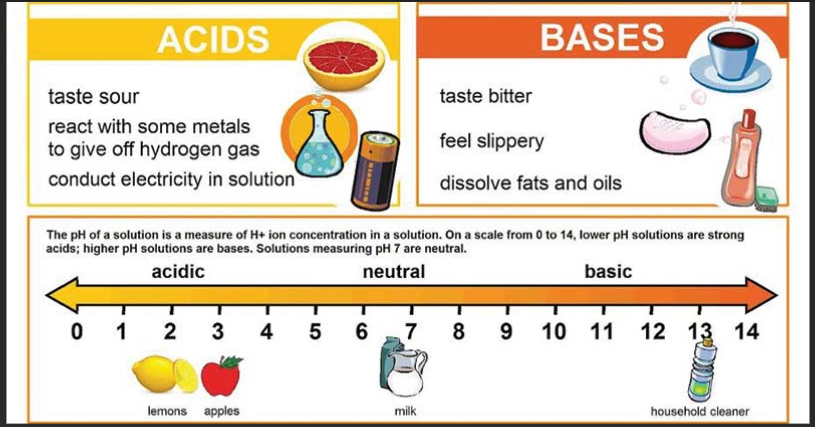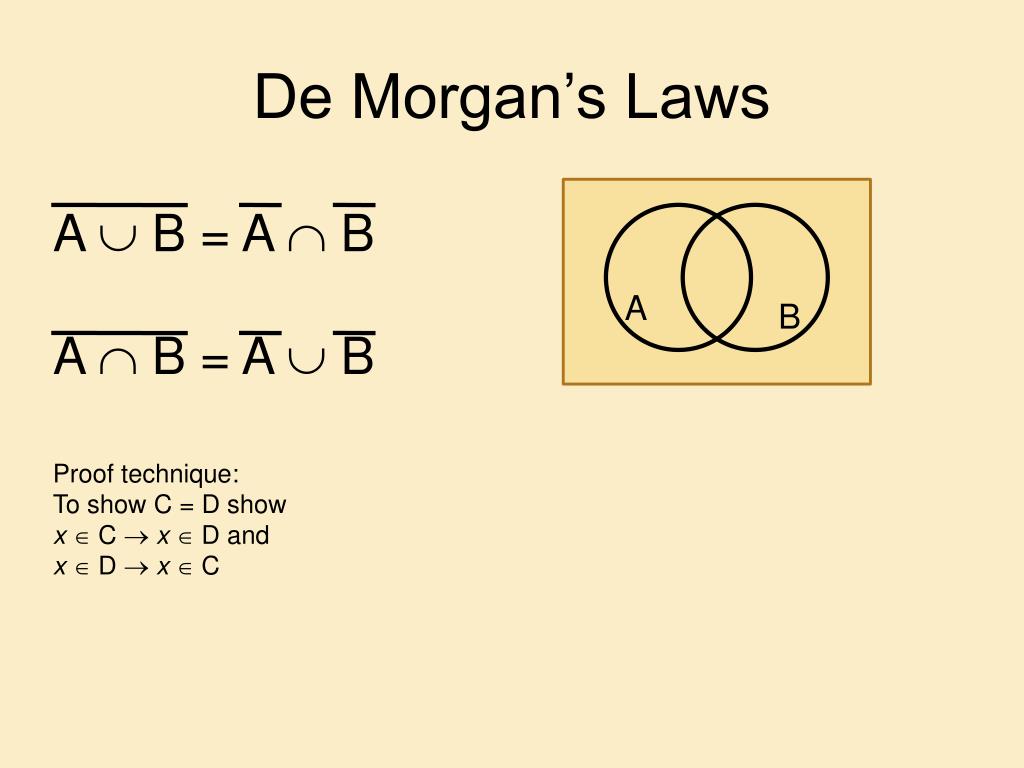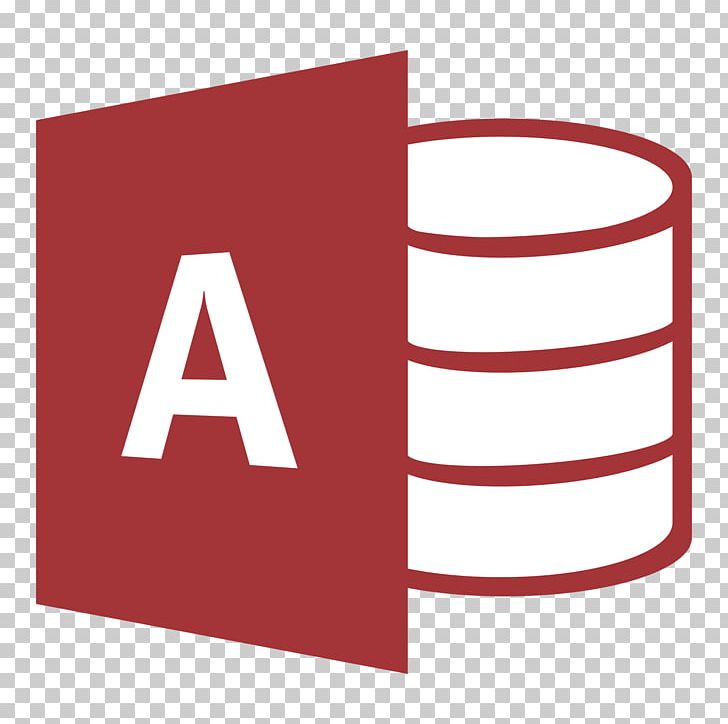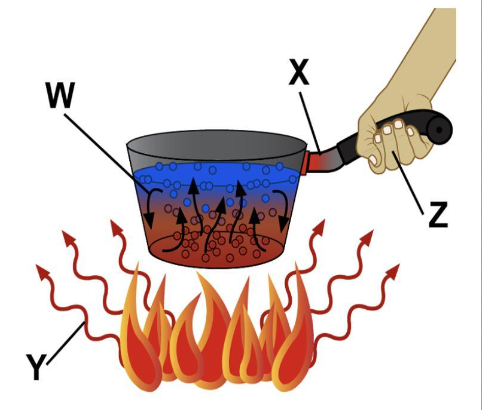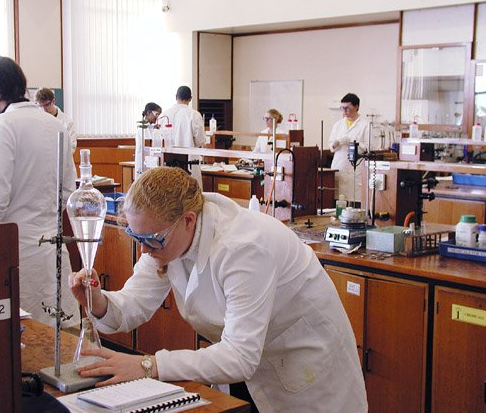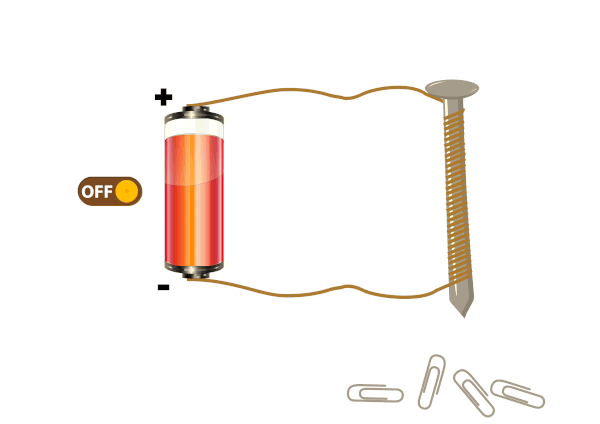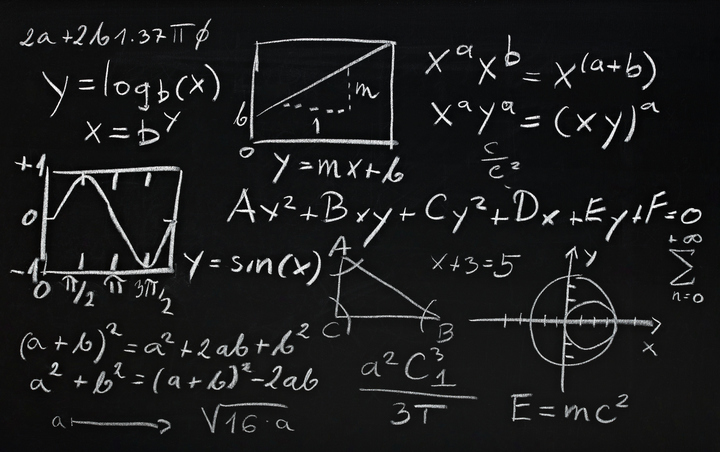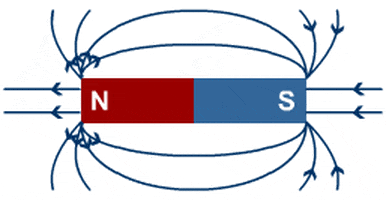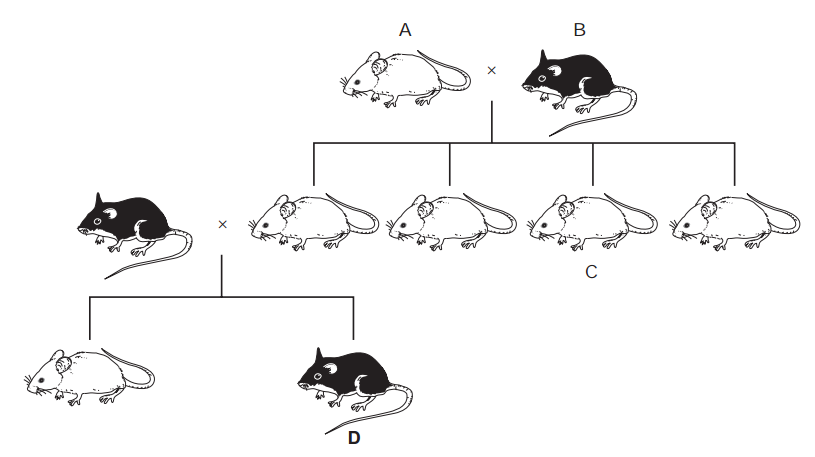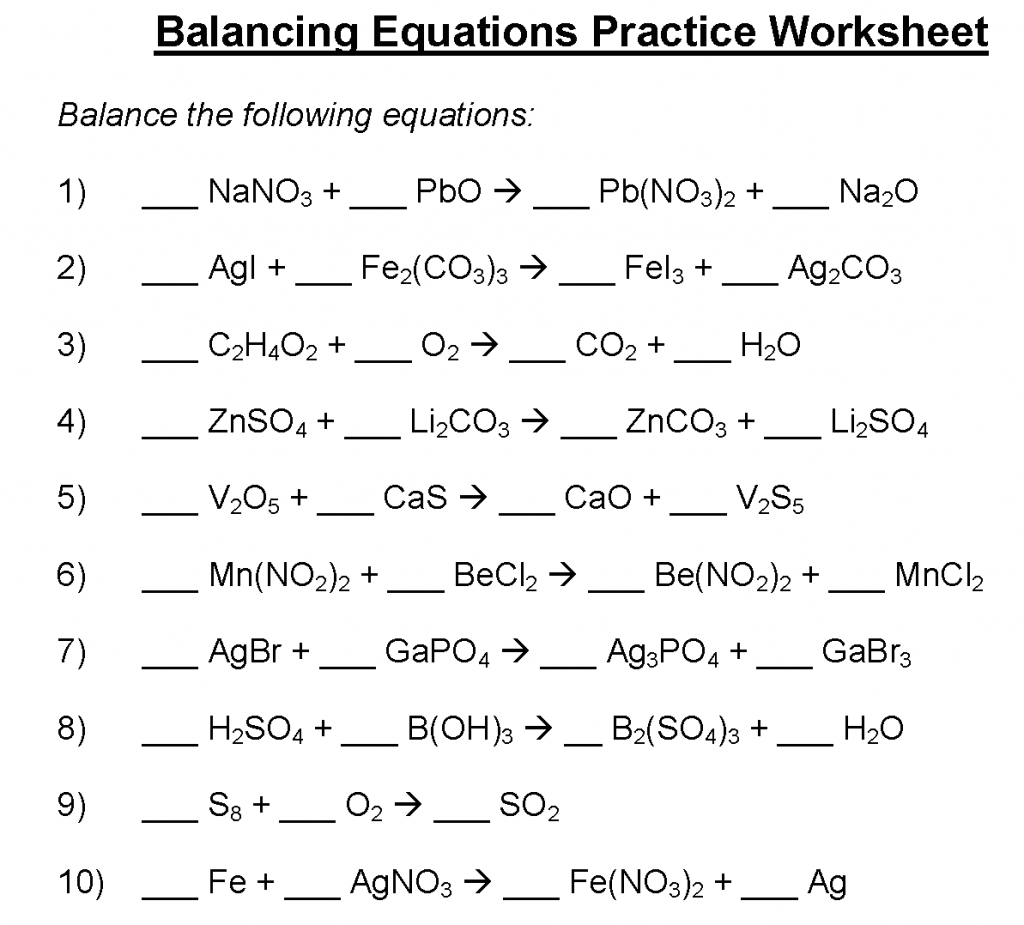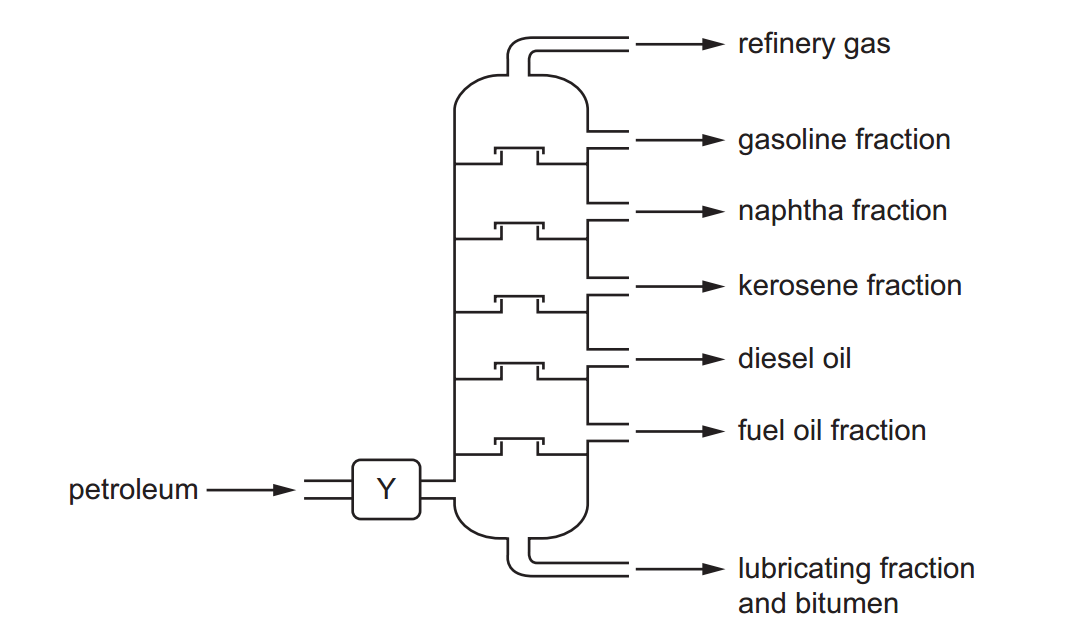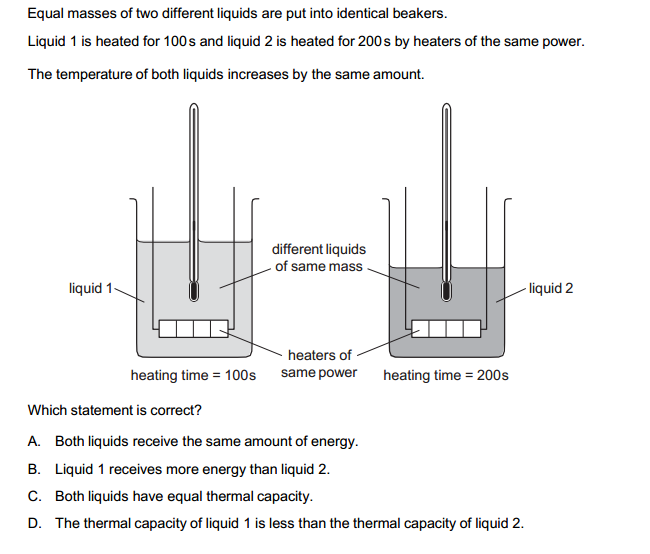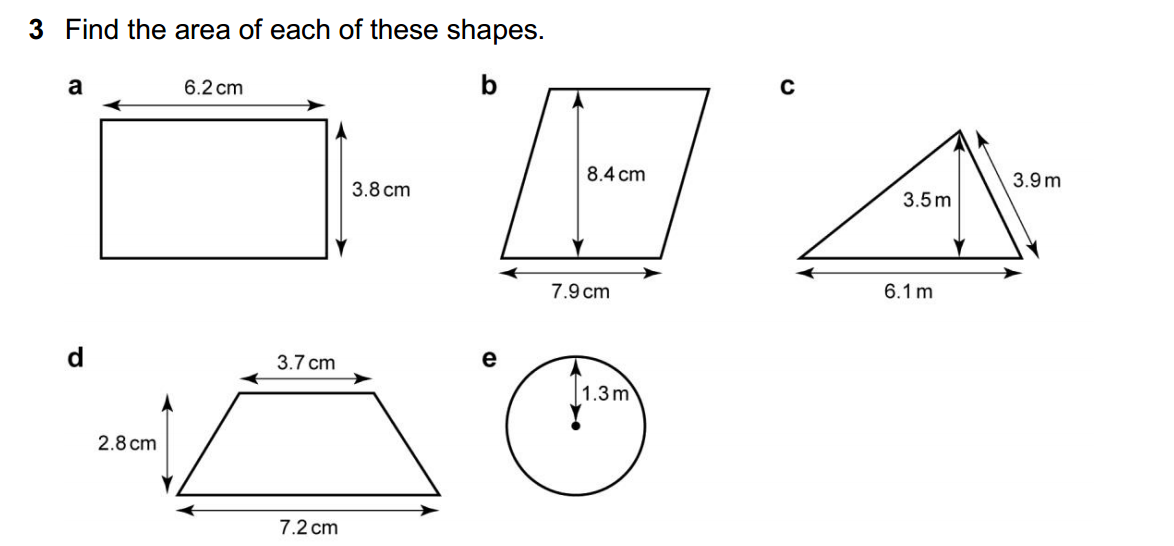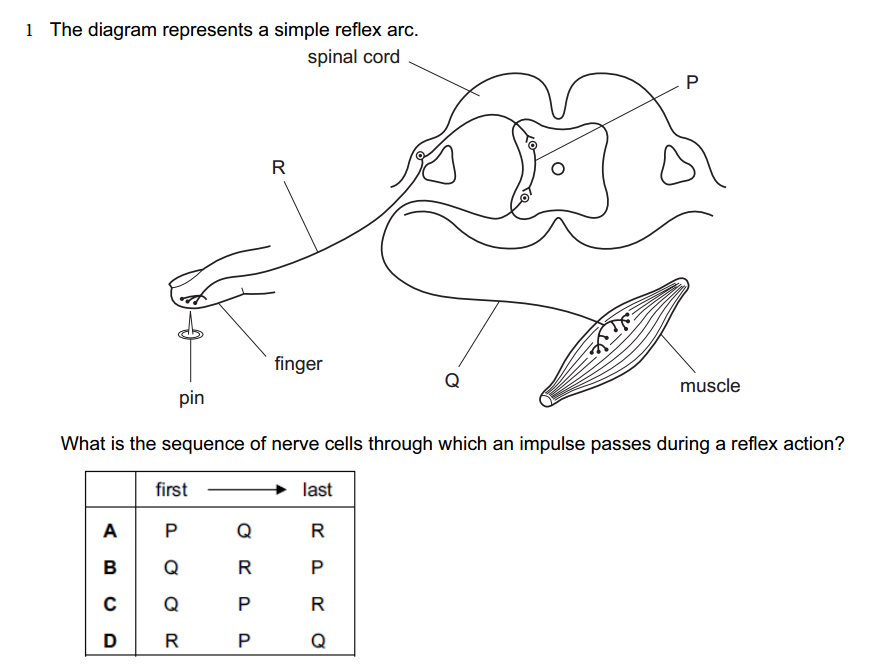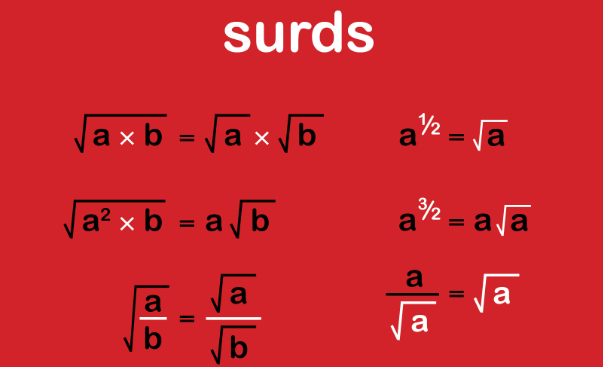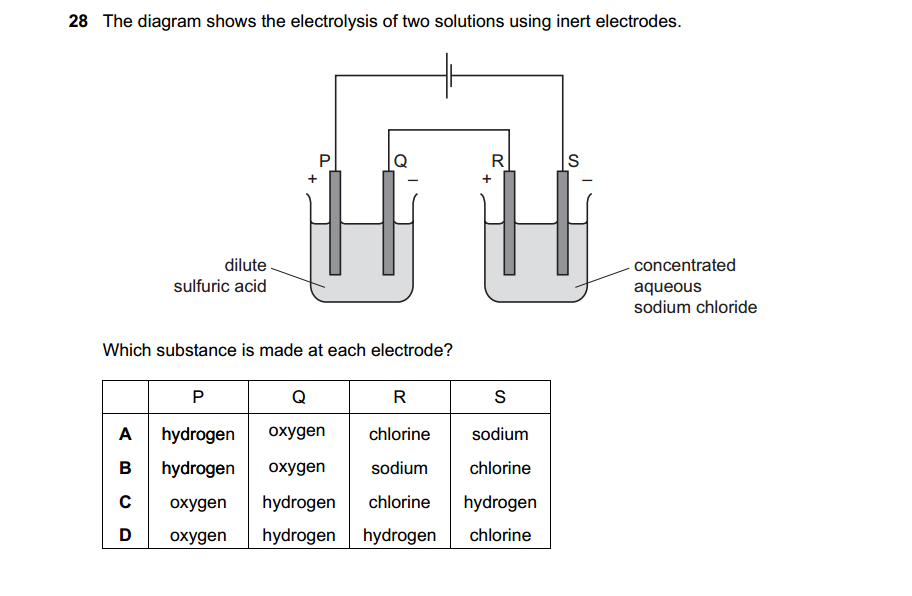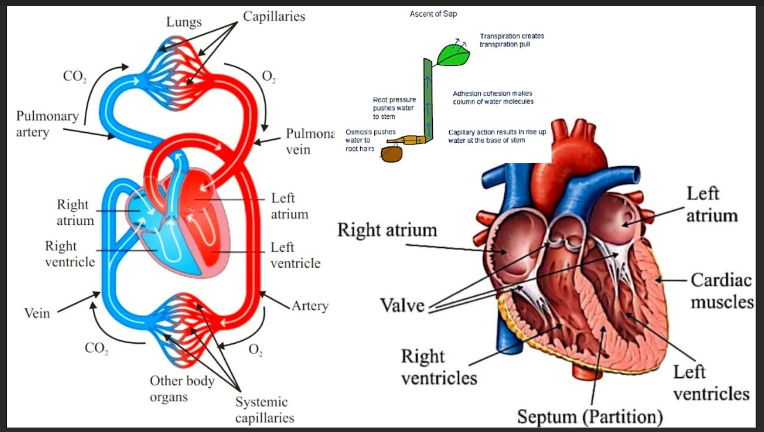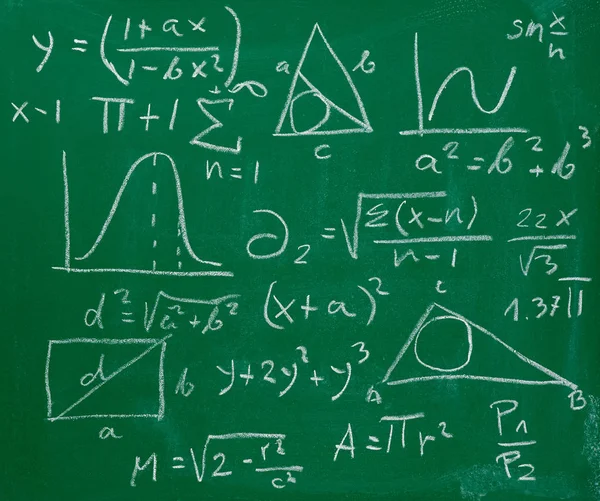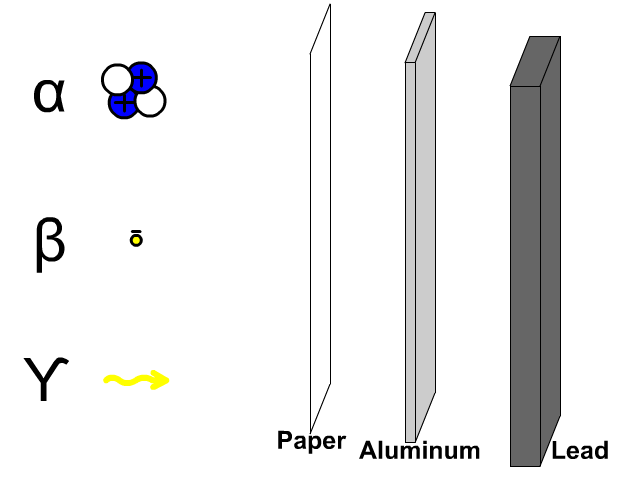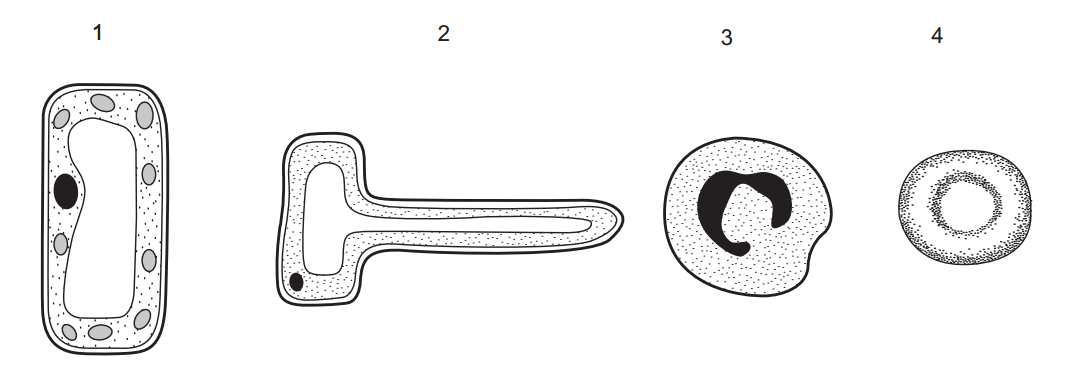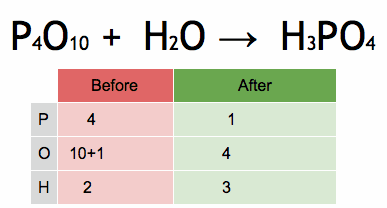Computer science is the study of computers and computational systems, including their design, development, and applications. It encompasses a wide range of topics related to computing, such as algorithms, programming languages, data structures, software development, artificial intelligence, databases, networks, and more.
Computer science involves both theoretical and practical aspects. Theoretical computer science focuses on understanding fundamental principles and concepts, exploring mathematical foundations, and analyzing algorithms and their efficiency. Practical computer science involves the development of software, applications, and systems using programming languages, tools, and technologies.
Computer science plays a crucial role in advancing technology and shaping various aspects of modern life. It is at the core of innovations in fields like artificial intelligence, machine learning, data science, cybersecurity, robotics, bioinformatics, and computer graphics. Computer scientists work on solving complex problems, designing efficient algorithms, creating software applications, managing data, and developing new technologies that drive advancements in diverse industries.
Overall, computer science provides the foundation for understanding and utilizing computers and computational systems effectively, empowering individuals and organizations to solve problems, automate tasks, process information, and drive innovation in our digital world.
Below are 100 Questions on introduction to computer science.
- What is computer science?
- Define algorithm.
- What is a programming language?
- What is the difference between hardware and software?
- Explain the concept of binary representation.
- What is the role of an operating system?
- Define a variable in programming.
- What is a loop in programming?
- Explain the concept of conditional statements.
- What is the difference between a compiler and an interpreter?
- Define object-oriented programming.
- What is a class in object-oriented programming?
- Explain the concept of inheritance in object-oriented programming.
- Define recursion in programming.
- What is the role of a function in programming?
- Explain the concept of data structures.
- What is an array?
- Define linked list.
- What is a stack?
- Explain the concept of queue.
- What is a tree in data structures?
- Define searching algorithms.
- Explain the concept of sorting algorithms.
- What is the difference between breadth-first search (BFS) and depth-first search (DFS)?
- Define complexity analysis in algorithms.
- What is the Big O notation?
- Explain the concept of time complexity.
- Define space complexity.
- What is recursion depth?
- Explain the concept of divide and conquer algorithms.
- What is the role of a database in computer science?
- Define SQL (Structured Query Language).
- Explain the concept of normalization in databases.
- What is a primary key in a database?
- Define indexing in databases.
- Explain the concept of data mining.
- What is the role of artificial intelligence (AI) in computer science?
- Define machine learning.
- Explain the concept of neural networks.
- What is the difference between supervised and unsupervised learning?
- Define natural language processing (NLP).
- Explain the concept of computer vision.
- What is the role of algorithms in artificial intelligence?
- Define cryptography.
- Explain the concept of encryption.
- What is a key in cryptography?
- Define symmetric encryption.
- Explain the concept of public-key encryption.
- What is a digital signature?
- Define network protocols.
- Explain the concept of TCP/IP.
- What is HTTP (Hypertext Transfer Protocol)?
- Define IP address.
- Explain the concept of subnetting.
- What is a firewall?
- Define cloud computing.
- Explain the concept of virtualization.
- What is the role of APIs (Application Programming Interfaces)?
- Define web development.
- Explain the difference between front-end and back-end development.
- What is HTML (Hypertext Markup Language)?
- Define CSS (Cascading Style Sheets).
- Explain the concept of JavaScript.
- What is responsive web design?
- Define version control.
- Explain the concept of Git.
- What is a repository in version control?
- Define software testing.
- Explain the concept of unit testing.
- What is the role of debugging in programming?
- Define agile development.
- Explain the concept of Scrum.
- What is the role of a project manager in software development?
- Define user interface (UI) design.
- Explain the concept of user experience (UX) design.
- What is the difference between a website and a web application?
- Define mobile app development.
- Explain the concept of responsive design in mobile apps.
- What is the role of push notifications in mobile apps?
- Define virtual reality (VR).
- Explain the concept of augmented reality
Share love with others on
Like this:
Like Loading...
Related



